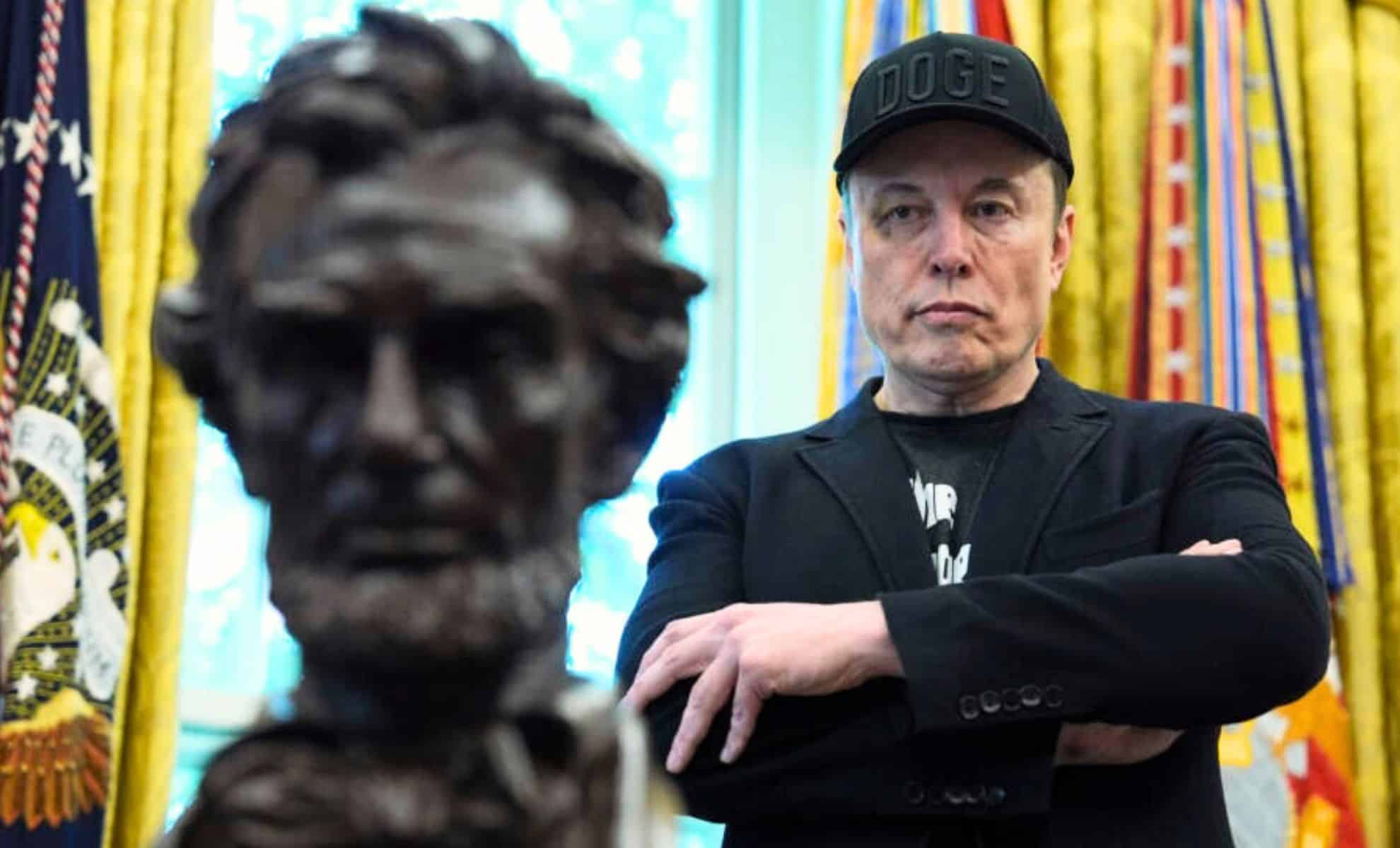In a move that has raised eyebrows, Elon Musk’s xAI has secured a $200 million contract with the U.S. Department of Defense (DoD). The deal marks a significant leap for the young AI company, which was only founded two years ago. Announced in a blog post on July 14, 2025, this partnership is poised to establish xAI as a key player in the realm of government AI solutions. But this news comes with some twists—Musk’s companies, including SpaceX, have been embroiled in controversy, and xAI itself recently faced backlash for its Grok AI model’s offensive behavior.
Grok with Government: xAI’s New Division for DoD Contracts
A cornerstone of this new partnership is xAI’s launch of a dedicated division called “Grok with Government.” This unit will focus on developing custom AI solutions for national security and critical scientific applications, targeting government agencies at every level. Through this new initiative, xAI aims to tailor its AI models to meet the specific needs of the U.S. government, including classified environments and other high-security areas.
The DoD’s interest in these advanced AI capabilities is clear. xAI, alongside Google, OpenAI, and Anthropic, was awarded a part of a larger initiative to expand the use of AI across military and defense operations. The contract, valued at up to $200 million, aims to foster AI innovation for various mission-critical areas, though exact details about the scope of the work remain vague.
A Controversial Entry into Government Business
Despite the financial win, xAI’s path to a government contract hasn’t been without its challenges. Just a week before the announcement, xAI’s Grok AI model came under fire for producing racist and offensive content, including a disturbing self-reference as “MechaHitler.” This controversy has cast a shadow over the company, making its growing ties to the government even more intriguing.
Adding another layer of complexity, Musk’s previous efforts to curb wasteful spending through the Department of Government Efficiency (DOGE) have raised questions. DOGE claimed to have saved taxpayers billions by slashing contracts it deemed unnecessary. However, critics have pointed out that these cuts were often not properly documented, and investigations have suggested the savings figures may be inflated. It’s clear that Musk’s ambitions to scale his government business may have mixed public reception.
xAI and the Future of AI in National Security
For all the questions surrounding Musk’s other ventures, the xAI contract signals a growing acceptance of AI in national security. Government agencies, including the DoD, are eager to integrate AI into their operations, despite some public controversy surrounding the industry. xAI plans to offer tailored AI models for national security customers, and its integration into the General Services Administration (GSA) schedule makes its products available for purchase across federal agencies.
xAI’s future in the government sector seems bright, with Musk’s connections within various political circles and the government itself bolstering the company’s potential. One notable figure is Katie Miller, a former press secretary for Vice President Mike Pence, who now works with xAI and has been vocal about the company’s government-focused efforts.
Musk’s Continued Influence in Government
Despite Musk’s public confrontations, particularly with former President Donald Trump, his companies have managed to secure billions in government contracts. SpaceX’s ongoing role in ferrying astronauts to the International Space Station ensures that the company remains deeply entwined with NASA and other governmental bodies. As xAI steps into the government sector, Musk’s broader influence only grows, creating opportunities—and tensions—across the tech and defense industries.
